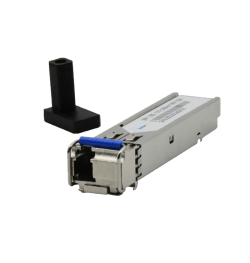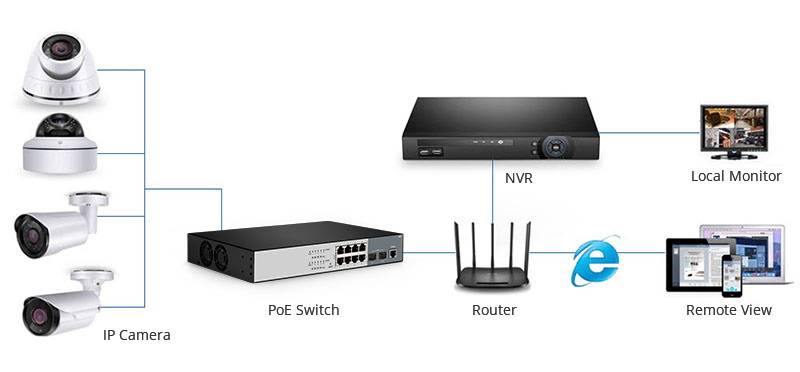Why is QoS important?
Traditional business networks functioned as separate entities. Phone calls and conference calls were handled by one network, while laptops, desktop computers, servers, and other devices were connected to another network. They rarely crossed paths, unless a computer was using a phone line to access the Internet.
When networks only carried data, speed wasn’t so important. But now, interactive applications carrying audio and video content must be delivered at high speed, without packet loss or variations in speed.
QoS is especially important to ensure high performance of critical applications that require high bandwidth for real-time traffic.
For example, it helps businesses prioritize the performance of applications that often have minimum bandwidth requirements, maximum latency constraints, and high sensitivity to jitter and latency, such as VoIP and video conferencing.
QoS helps businesses avoid delaying these critical applications and ensure they perform at the level users require.
For example, lost packets can cause streaming delays resulting in shaky and unusable audio and video quality of a video conference call.
QoS is increasingly important as network performance requirements adapt to the ever-increasing number of people using them.
The latest applications and online services require a lot of bandwidth and network performance, and users demand high performance at all times. Therefore, organizations must employ techniques and technologies that guarantee the best possible service.
As the Internet of Things (IoT) continues to mature, QoS also becomes increasingly important.
For example, in the manufacturing sector, machines already use networks to provide real-time status updates on any potential problems. Therefore, any delay in feedback can cause costly mistakes in an IoT network. QoS enables data flow to be prioritized in the network and ensures that information flows as quickly as possible.
Cities are now full of smart sensors that are critical to implementing large-scale IoT projects such as smart buildings. Collected and analyzed data, such as humidity and temperature data, are often very time-sensitive and need to be properly identified, tagged, and queued.
QOS benefits
Deploying QoS is critical for businesses that want to ensure the availability of their business-critical applications. It is critical to provide distinct bandwidth and ensure that data transfer occurs without interrupting traffic flow or causing packet loss.










